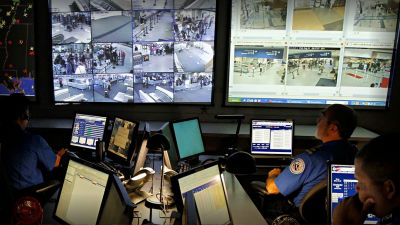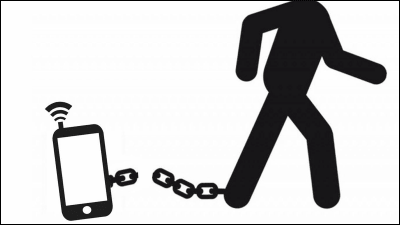Digital surveillance law that can take over SNS accounts is enacted in Australia, how much rights will be infringed

An amendment to the existing Digital Surveillance Act was submitted to the Australian Parliament and passed in September 2021. The law amendment allows Australian authorities to even hijack national SNS accounts, and the Human
Surveillance Legislation Amendment (Identify and Disrupt) Bill 2021 – Parliament of Australia
https://www.aph.gov.au/Parliamentary_Business/Bills_Legislation/Bills_Search_Results/Result?bId=r6623
Australia's new mass surveillance mandate --Digital Rights Watch
https://digitalrightswatch.org.au/2021/09/02/australias-new-mass-surveillance-mandate/
Identify and Disrupt Bill: Gov legalises private account access --The Big Smoke
https://www.thebigsmoke.com.au/2021/09/08/identify-and-disrupt-bill-gov-can-legally-access-any-private-account-bill/
Australia passes Surveillance Bill, Police can now hack citizens' devices to screen info
https://www.republicworld.com/world-news/australia/australia-passes-surveillance-bill-police-can-now-hack-citizens-devices-to-screen-info.html
According to Digital Rights Watch, the amendment will give two new law enforcement agencies , the Australian Federal Police and the Australian Criminal Information Commission. The authority given is roughly divided into three: 'Data Disruption Warrants', 'Account Takeover Warrants', and 'Network Activity Warrants'. Digital Rights Watch describes the impact of three rights on people.
◆ Data destruction order
This authority allows law enforcement agencies to add, copy, delete, and modify data on devices. Even electronic devices and telecommunications equipment of unknown owners can enforce this authority if they are suspected of being used for a crime. In addition, this authority is used as an 'emergency measure when it is impossible to obtain a warrant'.
◆ Account seizure order
This authority allows law enforcement agencies to manage personal accounts. The authority applies for up to 90 days, during which law enforcement agencies can impersonate the owner of the account, collect information, and lock out the owner of the account. Please note that the enforcement of this authority does not require court permission and does not require the consent of the account owner.
◆ Network activity order
This authority provides law enforcement agencies with access to 'networks suspected of serious criminal activity.' However, Digital Rights Watch claims that 'the definition of'serious'depends on the law and it is very vague what law enforcement agencies consider to be'serious'.' In addition, the Human Rights Law Center , a human rights group, said, 'Because the definition of the law is ambiguous, for example, if a person who is likely to be involved in a crime is using WhatsApp , everyone who uses WhatsApp will monitor it. and there is a possibility that the subject ' pointed out we are. Unlike other authorities, the evidence collected with this authority cannot be used in court, but it is stipulated that it is possible to issue a warrant based on the evidence.


The Amendment was audited by the Australian Parliamentary Joint Committee on Information and Security (PJCIS) , calling for a reduction in the authority of law enforcement agencies and a stronger monitoring and evaluation system. As a result, 23 authorities have been abolished, but law enforcement agencies have been given authority that could limit the rights of those mentioned above. The Australian Green Party and unaffiliated Rex Patrick, who oppose the revision of the law, suggested that 'law enforcement agencies need to seek the approval of authority not only from the administrative appeal court but also from security judges and judges.' We are requesting that the amendment include such clauses.
'The Australian Government has a law that can hack almost any technology and network that people touch, such as people's computers and online accounts,' Digital Rights Watch criticized.
The Australian government has new laws on the books to hack your computer, your online accounts, and just about any piece of technology you come into contact with. It can happen without a warrant and without you ever knowing. Read our break down: https: //t.co/awy7LRv5c3
— Digital Rights Watch (@DRWaus) September 2, 2021
Related Posts:
in Security, Posted by log1p_kr







